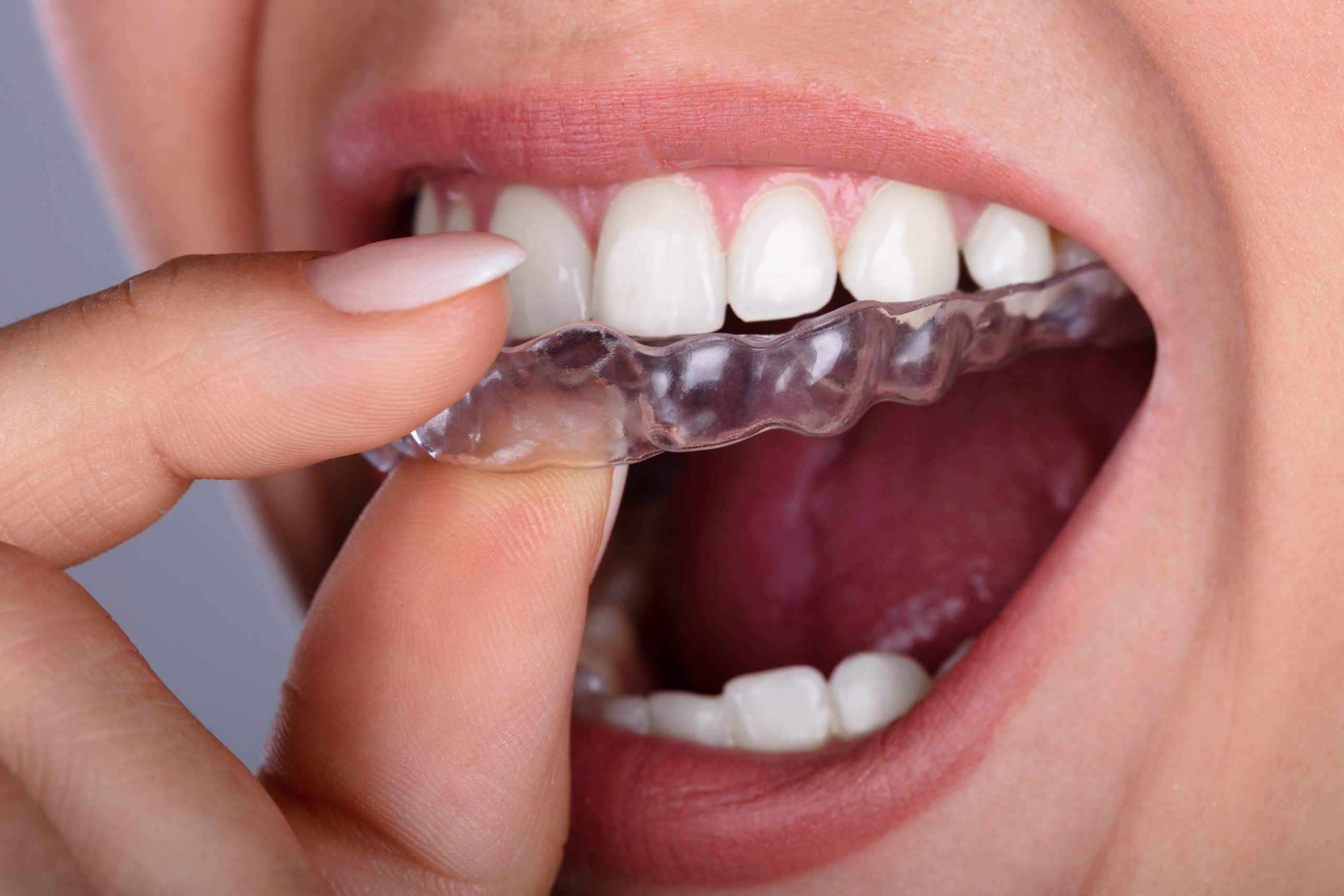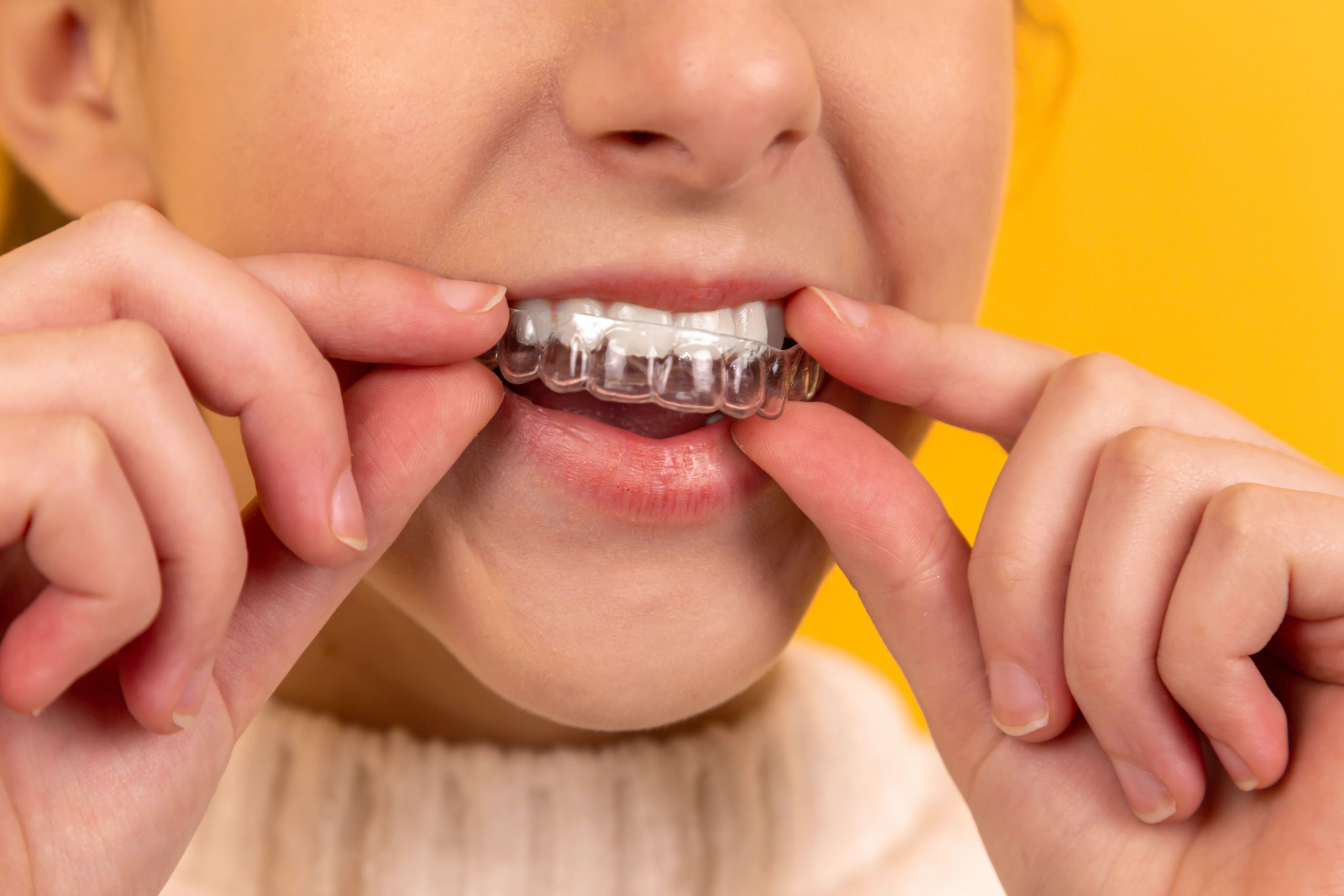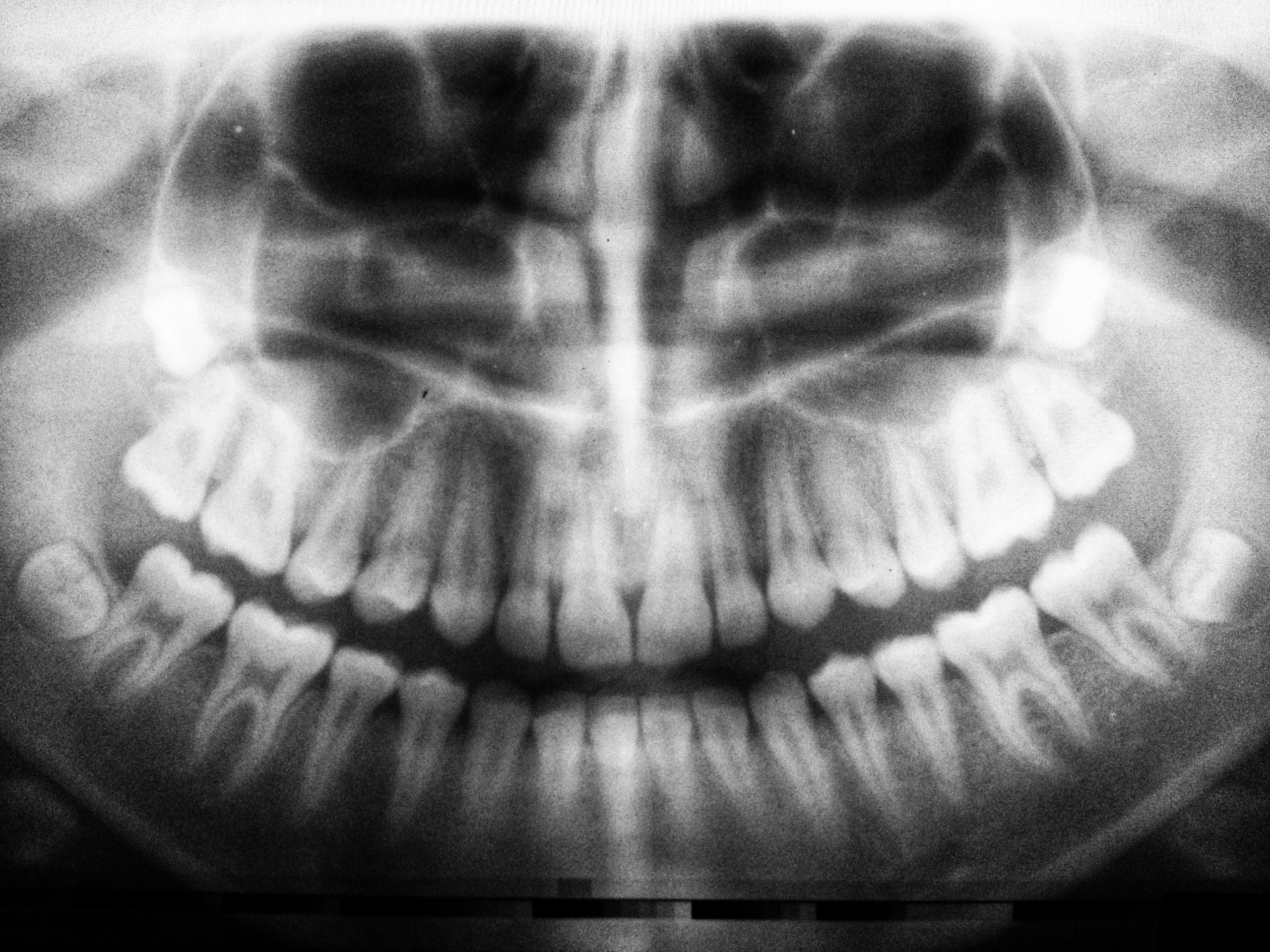
We live in a fast-paced world, and keeping up isn’t always easy. But, there are some professionals, like our dentists in Coffs Harbour, that must keep pace with this ever-changing world. One way that our team stays competitive and sharp in today’s society is with modern advancements in dental technology.
At Magic Smiles Dental and Implant Center, we take great pride in delivering the highest level of care. Our use of high-tech gadgets and imaging software allows us to do just that. So, don’t wait–come see how our dental technology can revolutionize your oral health. Request your appointment online or call our Coffs Harbour, NSW, dental office at (02) 6652-3242 to get started.
Here, we review some of the latest advancements in dental technology. You might be surprised to see just how comfortable and comprehensive contemporary dentistry can be!
Digital Oral Impressions
In the past, dentists had patients bite down on a goopy paste inside of a tray to get oral impressions. Dentists could then use these oral impressions to craft personalized dental restorations or orthodontia for each patient’s unique smile.
In theory, impression paste works well. In practice, it’s less than ideal.
The impression paste is often messy and difficult to work with. And, for many patients, the paste and impression trays are too large for their mouths, which can trigger their gag reflexes. As a result, traditional oral impressions are now an outdated way to map dentition.
Today, dentists in Coffs Harbour use digital oral impressions to gather highly-accurate images and topographical information about patients’ teeth. These impressions don’t use any messy paste, and they are far more comfortable than traditional impressions. And, our team can get digital impressions in a fraction of the time, which saves our patients time and money!
Digital X-Rays
Historically, dentists used film-based radiographic images to get pictures of underlying oral structures. Although traditional x-rays are incredibly useful to dentists in Coffs Harbour, they are not without their risks.
In fact, 2021 data suggest that film-based x-rays can deliver the equivalent of several days’ worth of background radiation. And, even though it may not feel like it, this amount of radiation can wreak havoc on cellular growth and regeneration.
Therefore, our dentists in Coffs Harbour use digital x-rays. These advanced radiographic images use 90% less radiation to capture crystal-clear images of the teeth and jaws. As a result, we can deliver better care without risking our patients’ overall health.
Soft Tissue Lasers
Some treatments, like treatments for periodontal disease or a gummy smile, require the removal of a small amount of gingival (gum) tissue. In the past, dentists in Coffs Harbour used razor-sharp scalpels to get the job done. But, even though it was effective, it wasn’t the most comfortable option for patients.
Today, laser dentistry has completely changed the game. Using gentle, soft-tissue lasers, our dentists in Coffs Harbour can comfortably and effectively remove gingival tissue without sacrificing our patients’ comfort. Not only that, but soft tissue lasers sterilize the treatment area, which leads to a better, faster recovery.
Schedule an Appointment with Our Dentists in Coffs Harbour
Are you ready to see how our team uses advanced dental technology to provide top-tier care in an inviting and inclusive atmosphere? Then, call Magic Smiles Dental and Implant Center today to schedule your appointment!
Patients can reach our dentists in Coffs Harbour online here, or they may call (02) 6652-3242 to get started.












Recent Comments